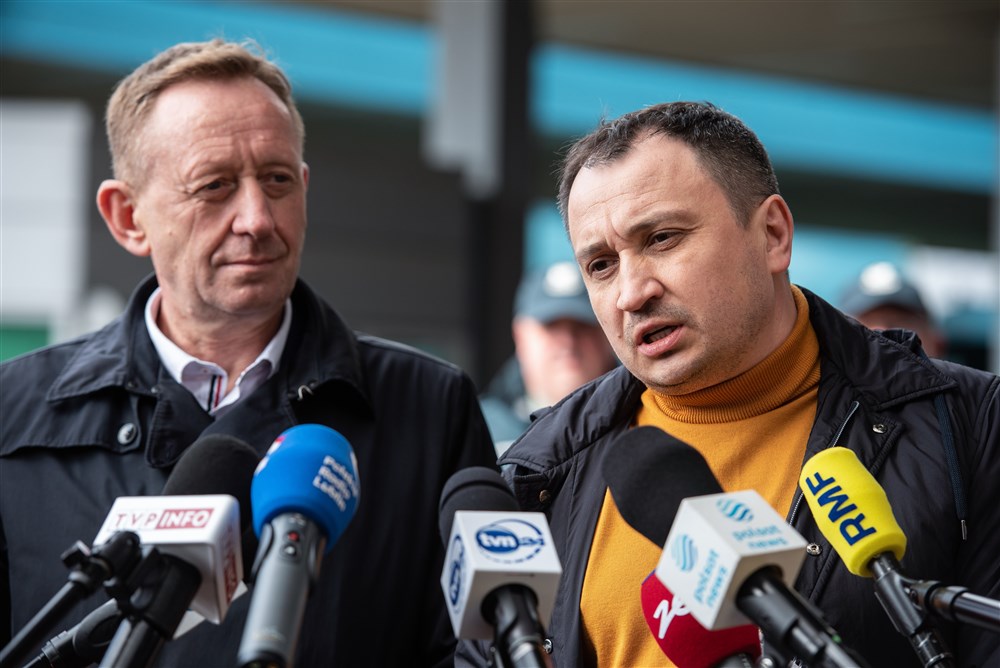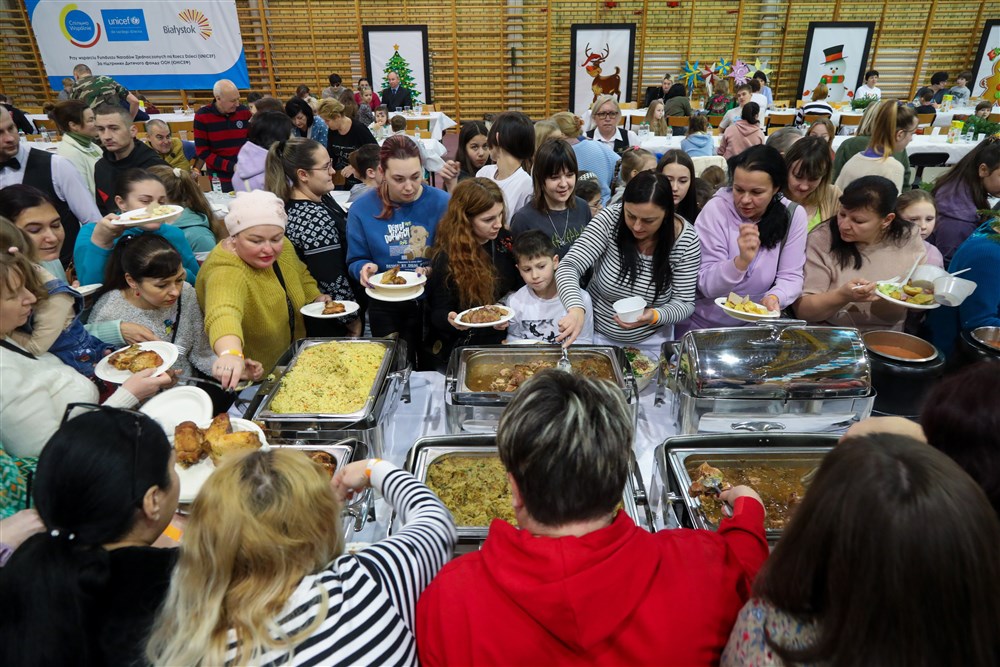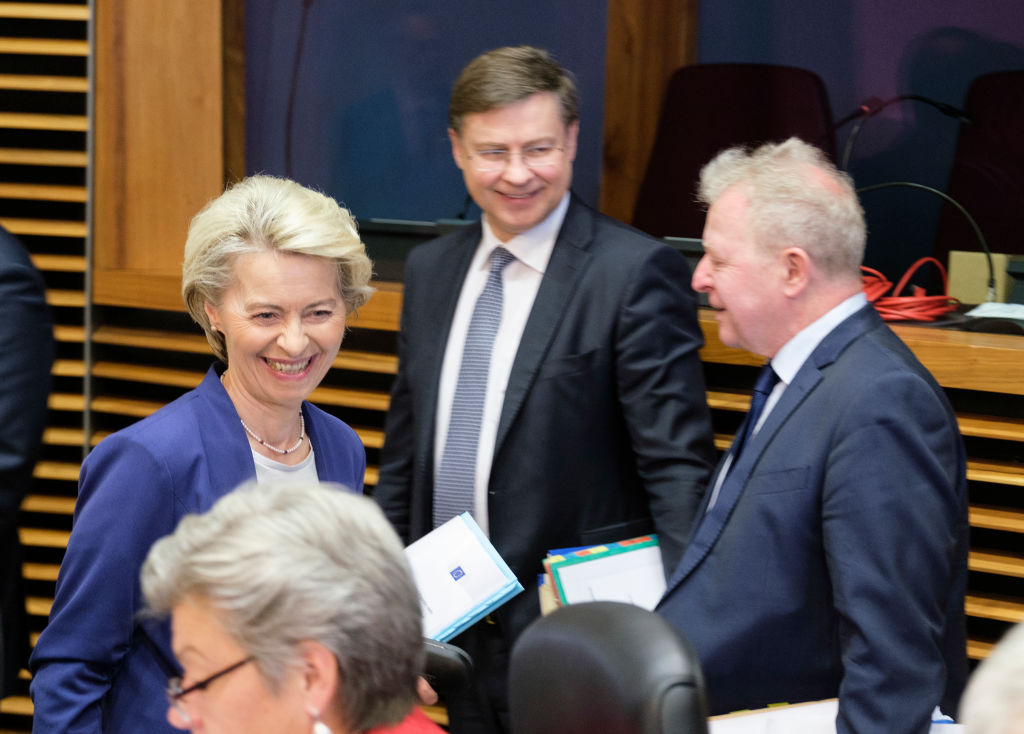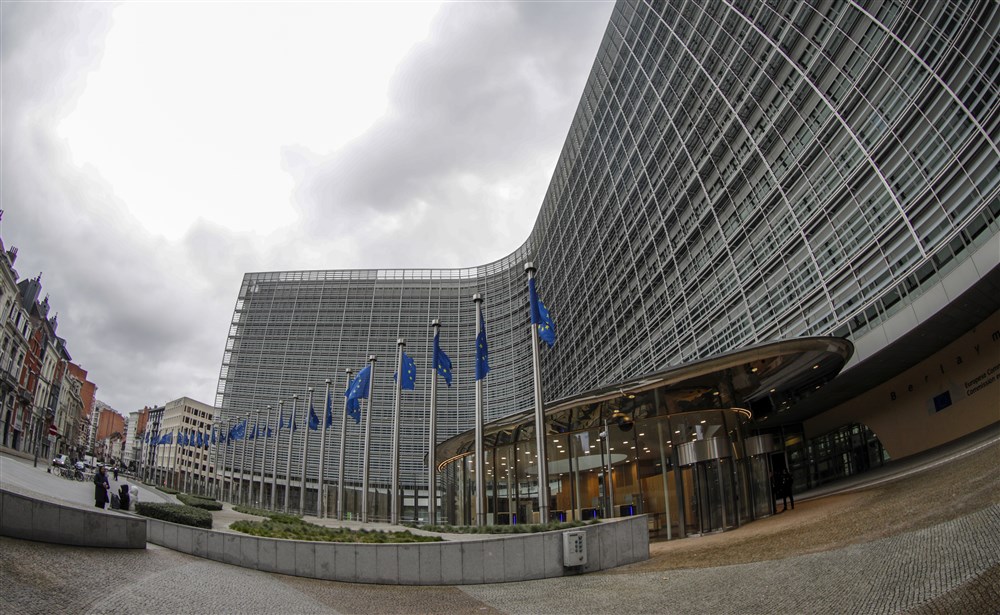Poland’s agriculture minister Robert Telus claims the European Commission is refusing to extend an embargo on Ukrainian grain imports beyond September 15 in a bid to influence the result of Polish national elections this autumn.
The EC on June 5 agreed to extend the period over which central European states can bar grain imports from Ukraine to the middle of September. Transit through Poland and other countries is still allowed for those countries that wish to bring in Ukrainian grain.
Telus told Poland’s press agency PAP that he felt the EC had refused to extend the ban further – until the end of the year – for political rather than substantive reasons. He accused the Commission of attempting to affect the outcome of the forthcoming national elections in Poland by unsettling farmers, comprising a sector that normally supports the ruling Conservatives.
“For the European Commission, substantive arguments do not count, nor European solidarity, only political interests matter,” Telsu said.
The Conservatives have repeatedly argued that the EC is hostile to the present Polish Government citing its apparent opposition to further empowering EU institutions and to the relocation of illegal migrants, as well as its support for Catholic and ‘traditional’ family values.
The government further accuses the EC of siding with the Liberal opposition in Poland, led by Donald Tusk, and that its blocking of EU post-pandemic funds for Poland is designed to damage the current leadership ahead of the national elections.
Telus’ attack on the EC is, observers say, aimed at putting pressure on it to change its mind on the grain embargo extension date. He seemed to admit as much by saying that he plans a meeting of agriculture ministers from Poland, Hungary, Slovakia and Bulgaria in Warsaw on July 19.
That, he said, will be intended to coordinate their efforts to persuade the Commission to allow all of them to keep the embargo until the end of this year. He also revealed that he would be meeting the Lithuanian agriculture minister to align positions.
The Polish minister denied claims that continuing the embargo would adversely affect Ukraine. “We don’t want to hurt Ukraine. We want to ensure that the grain goes to places where it does not hurt markets of neighbouring states but reaches other European and global markets,” he said.
Nevertheless, the grain issue, along with other disputes, has led to the cooling of relations between the two countries.
One of the reasons is that the import of Ukrainian grain has proved a problem for the local market in Poland. As a gesture of solidarity, the country initially agreed to accept Ukrainian grain in light of its war with Russia and the blockading of Ukrainian Black Sea ports.
It was assumed that the grain would travel through Polish and German ports and on to destinations in Africa and the Middle East. But much of it ended up remaining in Polish silos, affecting prices on the local market and reducing the storage capacity for domestic produce.
The resulting disaffection led to farmers protests and prompted the resignation of the previous agriculture minister.
Now, as the summer crop harvest season approaches, eyes are increasingly turning to the issue of grain being moved out of the silos and out of Poland. The government has promised farmers that the domestic problems would be solved. It is also more than likely very keen to avoid another wave of protests just before the national elections.





